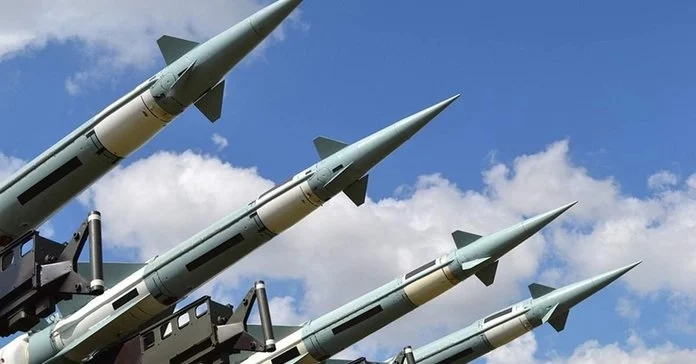The US-based photographer Phillip Buehler has spent his career visiting and documenting abandoned sites – what he terms “modern ruins.” His highly evocative studies have included an abandoned psychiatric asylum, a suburban shopping center, an offline power plant, a Cold War missile silo and a strategic bomber.
His latest works, which he intends to be displayed as public art installations, were compiled during a recent visit to Ukraine.
JOIN US ON TELEGRAM
Follow our coverage of the war on the @Kyivpost_official.
The first is the piece called “Please Don’t Forget Us” which is a high-resolution photographic study of the car cemetery in the Kyiv suburb of Irpin.
On March 6, 2022, Russians shelled and shot at cars and other vehicles as hundreds of civilians died trying to escape.
The Russian assault left behind more than 250 dead men, women and children, and made almost 20,000 civilian residents homeless with 70 percent of buildings and infrastructure damaged, much of it beyond repair.
Buehler’s piece is made up of a collage of 35 close-up images of the bullet and shrapnel-ridden cars that were destroyed as locals fled the city. The cars have been piled up on the side of the road as a constant reminder of what happened there.
He has erected his work in an area of Manhattan, New York, known as “Little Ukraine,” a subsection of the East Village, between 1st and 3rd Avenue and 6th and 7th Street.
It is described as the beating heart of the city’s Ukrainian diaspora. Roughly 150,000 Ukrainians, many the descendants of those who fled Europe during WWII, now live in New York City.

America the Horrible
The Guardian news site interviewed Buehler on Friday, Nov. 17, describing him “as an unabashedly political artist.”
He said of the piece: “I wish I could install it in DC and challenge some Republicans to come and stand next to it and then tell me how this doesn’t involve us, this isn’t important for us… The situation in Gaza would be tiny compared to if Putin spills into Poland next.”
The work includes QR codes that link to charities working in Ukraine that include the ICRC, Médecins Sans Frontières and Save the Children.
Buehler said: “Putting a public artwork out there is also an opportunity for me to hear from people, their reactions as well as their stories, and where I put it is a big part of it. This is the perfect place and then also DC is the perfect place.”
He is currently working on a second piece which will be a large walk-in cyclorama of a bombed apartment block in Borodyanka, a small town about 50 kilometers (30 miles) from the capital, that he hopes to bring and display in Washington DC.
Philip Buehler alongside the car cemetery installation Photo: The “War Ruins” blog
On Nov. 12, Buehler spoke to those who stopped to view his “Please Don’t Forget Us” piece, telling them how it came about and why he thought it important to expose Americans to the images.
He told The Guardian, “Public art has one impact on the people that see it… If I put this in a gallery… boy, would the impact be minimized. Even though galleries are open to the public, they’re almost private spaces, whereas public art is meant to be seen.
“It’s meant to be pretty simple in its message. It doesn’t need to have an art history background to understand it. Probably all I have to do is say is this is Ukraine and people get it. There’s not a lot of complication to it.”
You can also highlight the text and press Ctrl + Enter












